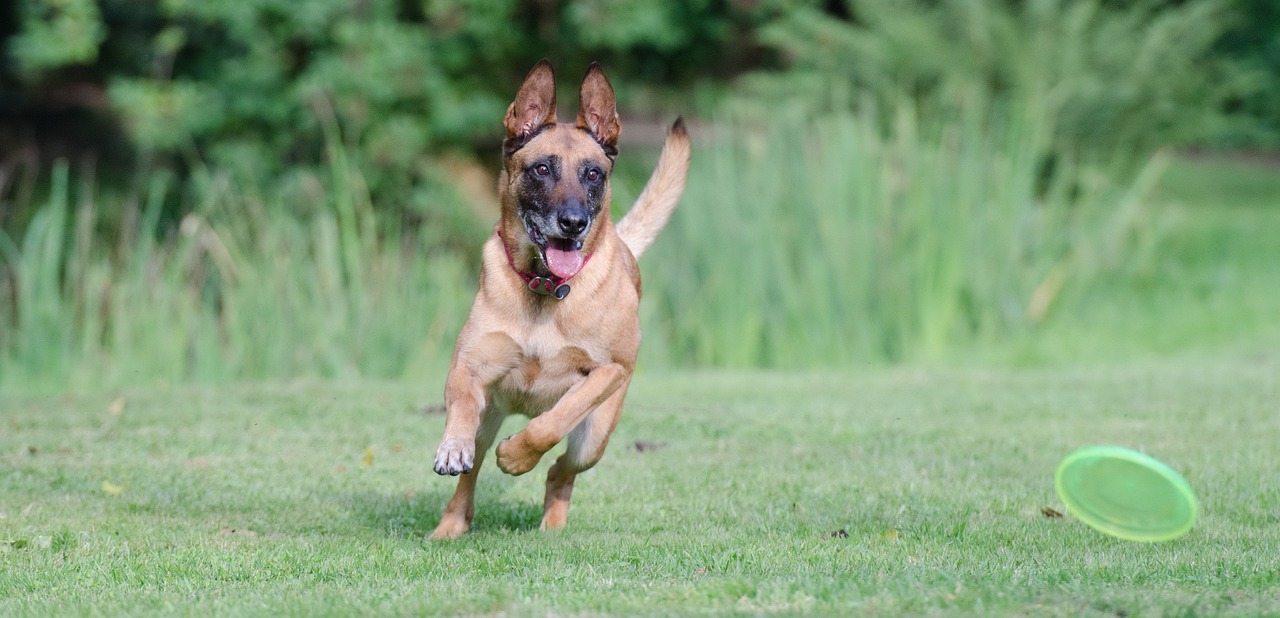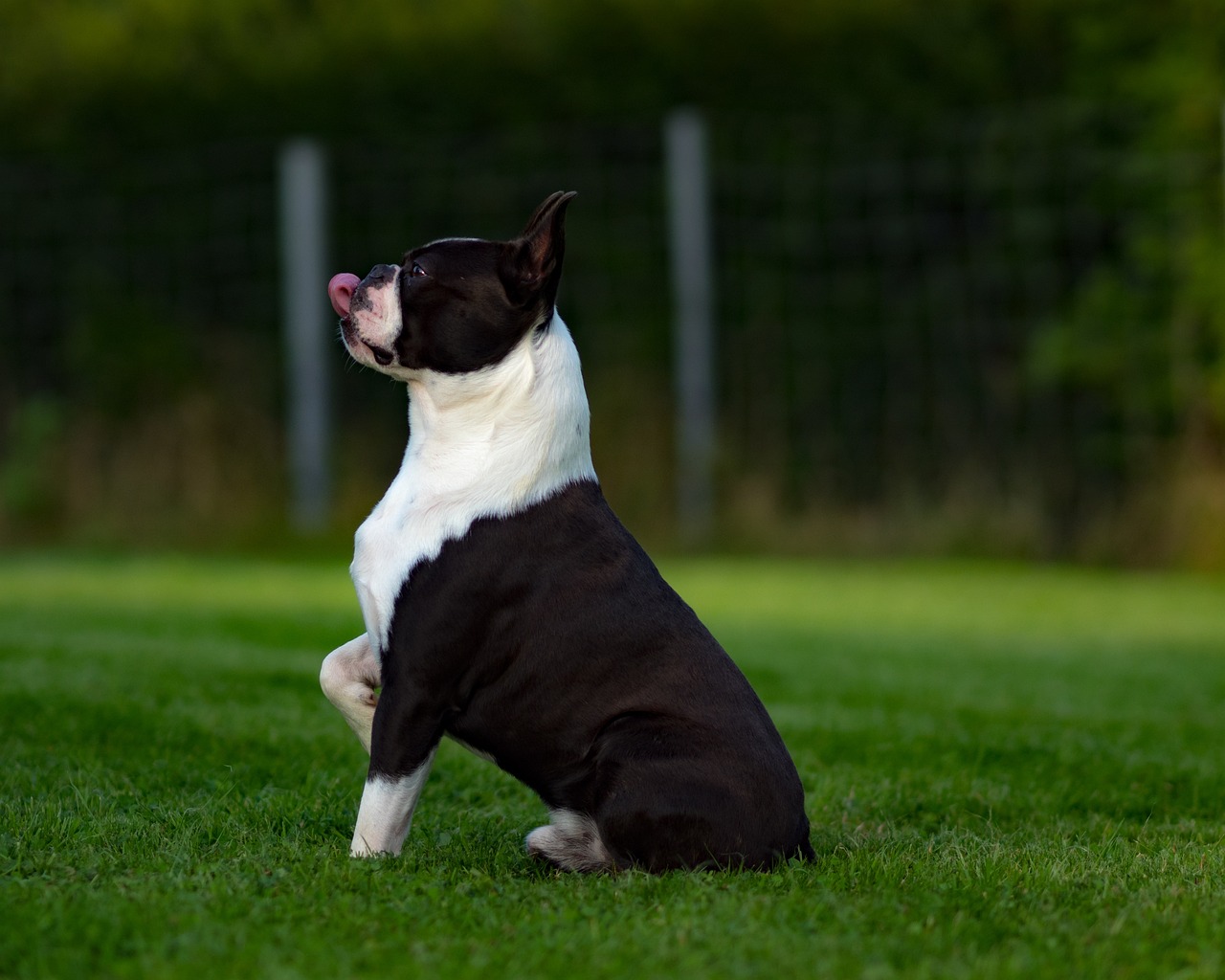
We will all feel the pain of losing our beloved pet. People often find comfort in photos and memories of their beloved pet after such a tragic loss.
Do pets understand the same thing? What do cats and dogs think about death and how do they react? They grieve when a loved person or pet dies in the family.
Can dogs and cats grieve for their loved ones?
It is not likely that animals will understand that their companion is gone for good, but there are signs that show they do grieve. It is evident in the behavior changes that occur after a pet has experienced a loss. This may be due to the fact they miss their companion or the disruption of their daily routine.
It is possible that you have seen or heard about military or law enforcement dogs or dogs who are very close to their owners displaying behavior changes that were consistent with depression and grief after a death.
Many photos and videos have been posted of dogs sitting patiently at their front doors, or even near the gravesite of their handlers. These animals are clearly missing their humans and grieving for their losses.
There are plenty of examples of cats displaying grief. Although you may not see them as often in the media, they do exist.
The signs of grief in pets

Many surveys and research have shown that cats and dogs often show signs of grief.
In 2016, researchers in New Zealand found that cats and dogs show signs of grief and stress over losing their feline or canine companions. Their behaviors are similar to young children grieving the death of a loved one:
| Behavior Change | The Percentage Of Dogs Involved | Cats involved in |
| Attention is more demanding | 35 | 40 |
| Needy and clingy | 26 | 22 |
| Pet parents seeking less affection | 10 | 15 |
| Find the favorite place of the deceased | 30 | 36 |
| Sleep duration increased | 34 | 20 |
| Reduced Amount Eaten | 35 | 21 |
| Slower Eating | 31 | 12 |
| Vocalizations are becoming more frequent | 27 | 43 |
| Vocalization volume increased | 19 | 32 |
The ASPCA surveyed cat owners in 1996 to determine if cats were grieving and if they did, which signs most commonly accompanied grief.
The survey results revealed that the majority of cats changed their vocalizations after the loss of a companion. This sign is more common than other behavioral or physical manifestations.
Some other signs include a decrease in appetite; a noticeable change in sleeping patterns (some cat’s slept longer than usual and others had insomnia); a shift in where the cats prefer to rest or spend their time at home, as well as an increase of physical affection toward humans.
How long does grief last in pets?
As with people, every animal will react differently to loss. Experts say that grief for animals will last a few weeks or months. However, studies on other animal species have shown that grief can persist over many years in communities of closely-knit wild animals.
What is the impact of our grief on them?

In a 2019 Duke University study, cortisol levels were elevated in hair samples of people who had significant stressors going on in their life. This study found elevated levels of cortisol in the fur of pets who lived with stressed humans. It suggests that animals can sense human emotions, and they may show similar stress reactions.
It’s fair to assume that your dog is affected by the stress caused by a grievous loss.
What to do when your pet is grieving?
There are many ways to help grieving pets after the loss of their pet:
- Keep to your daily routine. Continue to maintain a regular meal schedule, and any other daily outdoor activities or walks as well as your playtime.
- Pets who have lost a friend will need extra love and attention to recover.
- Use calming aids like music therapy, Adaptil or Feliway diffusers, calming collars, and Feliway diffusers.
- You can also reduce your dog’s anxiety by giving them nutritional supplements like Composure or Calming Care for Dogs.
- Dogs will enjoy new toys that are stimulating to their minds. You can provide a new cat tree or interactive toy for cats.
It is best not to punish your dog or other pet for exhibiting behaviors like house soiling or destruction of furniture or toys, or excessive whining and vocalizing. It will make them fear you, and this may cause their anxiety to increase and worsen these behaviors.
In these situations, you can ask your veterinarian for advice or ask them to recommend a behaviorist. Antidepressants may be beneficial for pets with severe behavior changes.
It depends on the individual, but dogs and cats will eventually recover. They will return to their normal routines.
If your pet’s condition continues to worsen, you should consult your veterinarian to make sure that there is no medical problem underlying the symptoms.
If cats stop eating for a prolonged period of time, this can develop quickly into the life-threatening condition of hepatic lipidosis.
Do you need to put down a pet with your pet present?

Individual decisions should be taken about whether to let pets be with their dying companions during the euthanasia process. Experts suggest that pets should be allowed to watch the euthanasia and see their dying companion and even smell them after death. This will help the pet to grasp the reality of the situation.
Some animals may curl up next to their deceased companion or linger nearby, while others will give them a quick sniff and then leave the room. No matter how intense the reaction is, all pets in the house will be aware that the companion has passed. This may make the grieving and recovery process easier than if they suddenly vanished.
What if my pet dies soon after I get another one?

A second consideration to make is when the right time would be for you to add a new animal into your family after losing a pet. It will also depend on how you feel and the adaptability and temperament of your existing pets.
If your pets are not ready to cope with the loss of their companion, bringing a new one into the house too early can cause stress. The normal routine will be disrupted while your new pet gets used to its new environment. Stress can cause temporary unwanted behaviors such as house-soiling, and destruction of bedding or toys or household items.
A good compromise for dogs is to arrange playdates between them and other dogs they already know. Plan regular visits to the dog park so that they can interact with each other. This could be beneficial to them physically as well as emotionally.
As a way to distract them from their absence, cats may find comfort in increased cuddling and physical affection.